September is Vascular Awareness Month with the purpose of raising awareness of diseases affecting the blood vessels. We are very much aware of heart disease and, whilst the vascular system is very much connected, there are a number of conditions affecting the veins too.
Clinical Nutritionist Suzie Sawyer shares her insights and how to support vascular disease nutritionally.
What can go wrong with our veins?
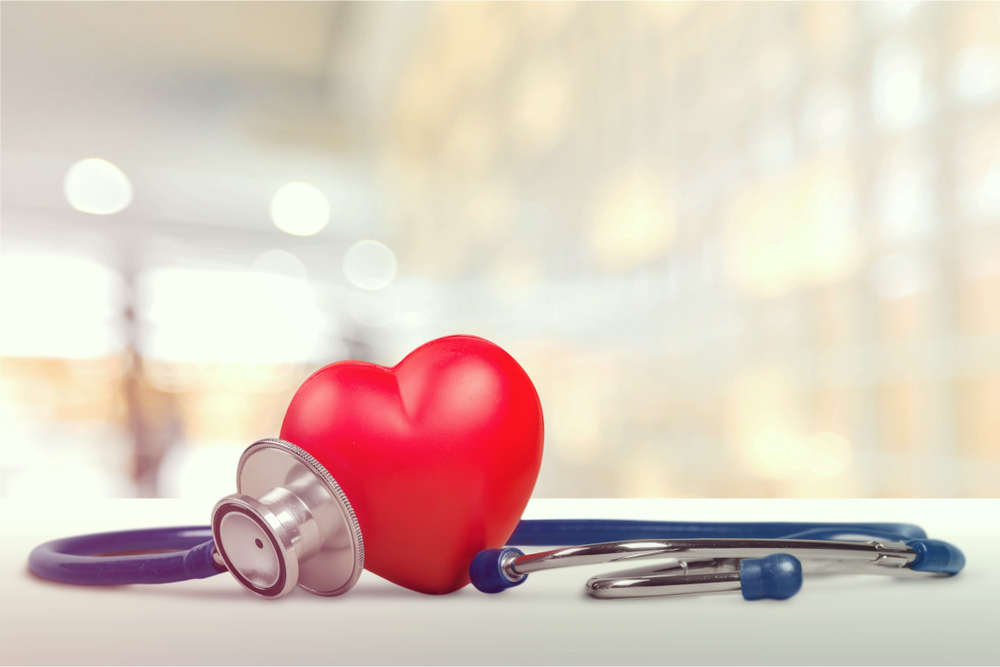
Unfortunately, there are a quite a few conditions that fall into the category of venous disease. These include arterial disease, blood clots, blood clotting disorders, varicose veins, lymphedema, and anything that affects the smooth running of blood through the veins.
These, of course, have a direct effect on heart function since they are the lifelines of oxygen to the heart. Genetics may play a role in the onset of these diseases, as can Type 2 diabetes and a sedentary lifestyle. Essentially though, and as with many conditions, the biggest risk factors are poor diet and lifestyle choices.
The great news, therefore, is there’s plenty to help support the condition:
Blackberries are your friends
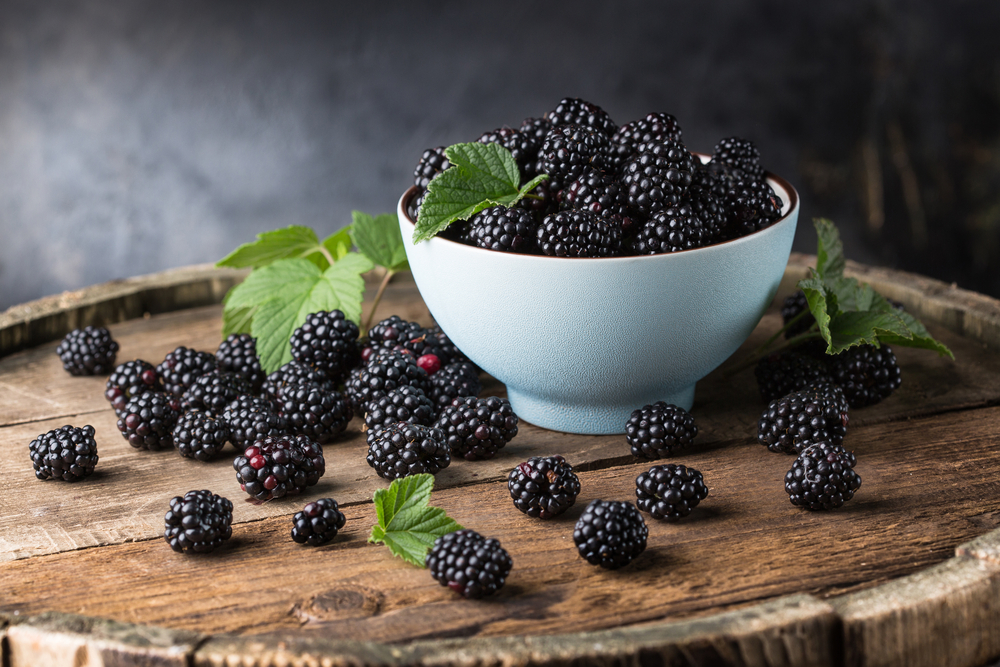
Blackberries, which are currently in season, are especially high in vitamin C and plant compounds called bioflavonoids which help to maintain the strength of blood vessels and keep blood free flowing.
Blackberries are not, of course, the only rich source of vitamin C. It’s therefore super-important to ensure your diet contains plenty of colourful fruits and vegetables which are all loaded with Vitamin C. Red peppers, kiwis, strawberries, and broccoli are especially of note in this respect.
It’s not just the vitamin C content which is important: all fruits and vegetables are high in antioxidants. Many of the issues with the veins start because they can get ‘furred up’ and are then vulnerable to plaque formation. Without sufficient antioxidants in the diet, oxidation happens, and the veins can harden band even become blocked.
Smooth the flow with vitamin E
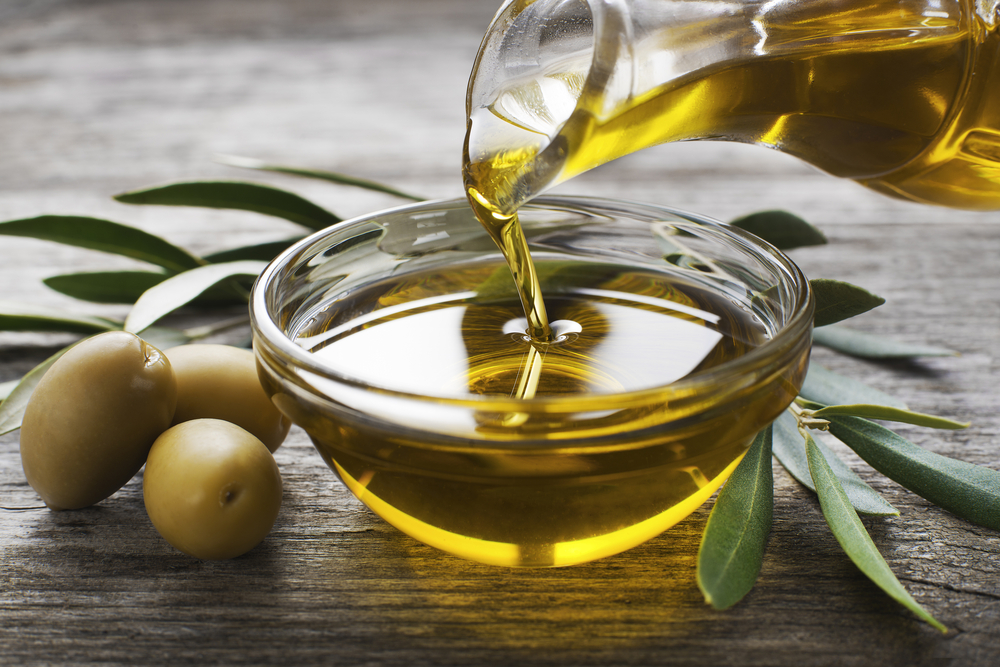
Vitamin E is another nutrient that improves blood circulation. It works in tandem with vitamin C and is also known to be protective of heart health.
Vitamin E is also an antioxidant but, unlike vitamin C, works in the fatty tissue. This means that if there are excess fats in the blood stream, vitamin E can help protect them from oxidation. It’s best to try to reduce any risk of high blood fats (more of which below), but eating plenty of vitamin E-rich foods, is certainly going to provide protection not just for the vascular system, but at cellular level generally. Nuts and nut oils including hazelnut and almond, sunflower seeds, olive oil, avocado and prawns are great to include regularly in the diet.
Be wary of fats
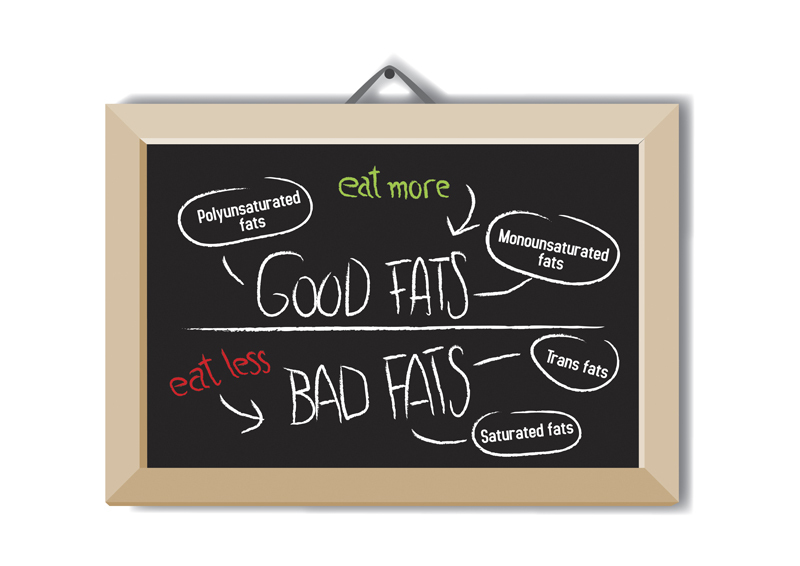
Foods high in saturated fats including red meat, especially processed red meat products such as bacon and salamis, and butter need to be eaten in moderation. Whilst a juicy, lean steak provides lots of beneficial nutrients, including protein and iron, it’s meats not in their natural states that we need to be particularly wary of.
Additionally, it’s good to keep a close eye on cholesterol levels (unhealthy blood fats). Whilst eating a diet high in saturated fats is a risk factor, eating too many sugary and overly processed foods is a greater risk. Essentially too much sugar in the blood is turned into fat in the body which can increase cholesterol and other blood fat levels.
Keep the body moving

The right diet is clearly essential for helping prevent vascular issues. However, the body needs to move more too, which not only helps circulation but keeps blood pressure in check (another risk factor for vascular issues).
And it doesn’t matter what you do – just move more! Clearly walking is one of the easiest exercises to do and can be enjoyed at any time. If you’re struggling to find the time or motivation for exercise, it’s important to find something that resonates. The human body was never designed to be sedentary. The good news though is that you don’t need to spend hours in the gym, just 150 minutes each week (30 minutes of exercise 5 days a week) is sufficient. But the more you do, the better your body will be as a result.
So why not take some time this Vascular Awareness Month to re-evaluate your diet and enjoy better all-round health.

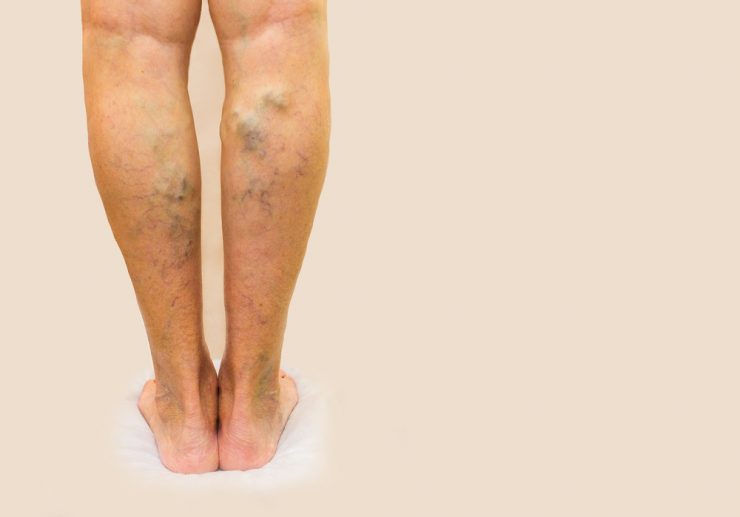






















Add comment